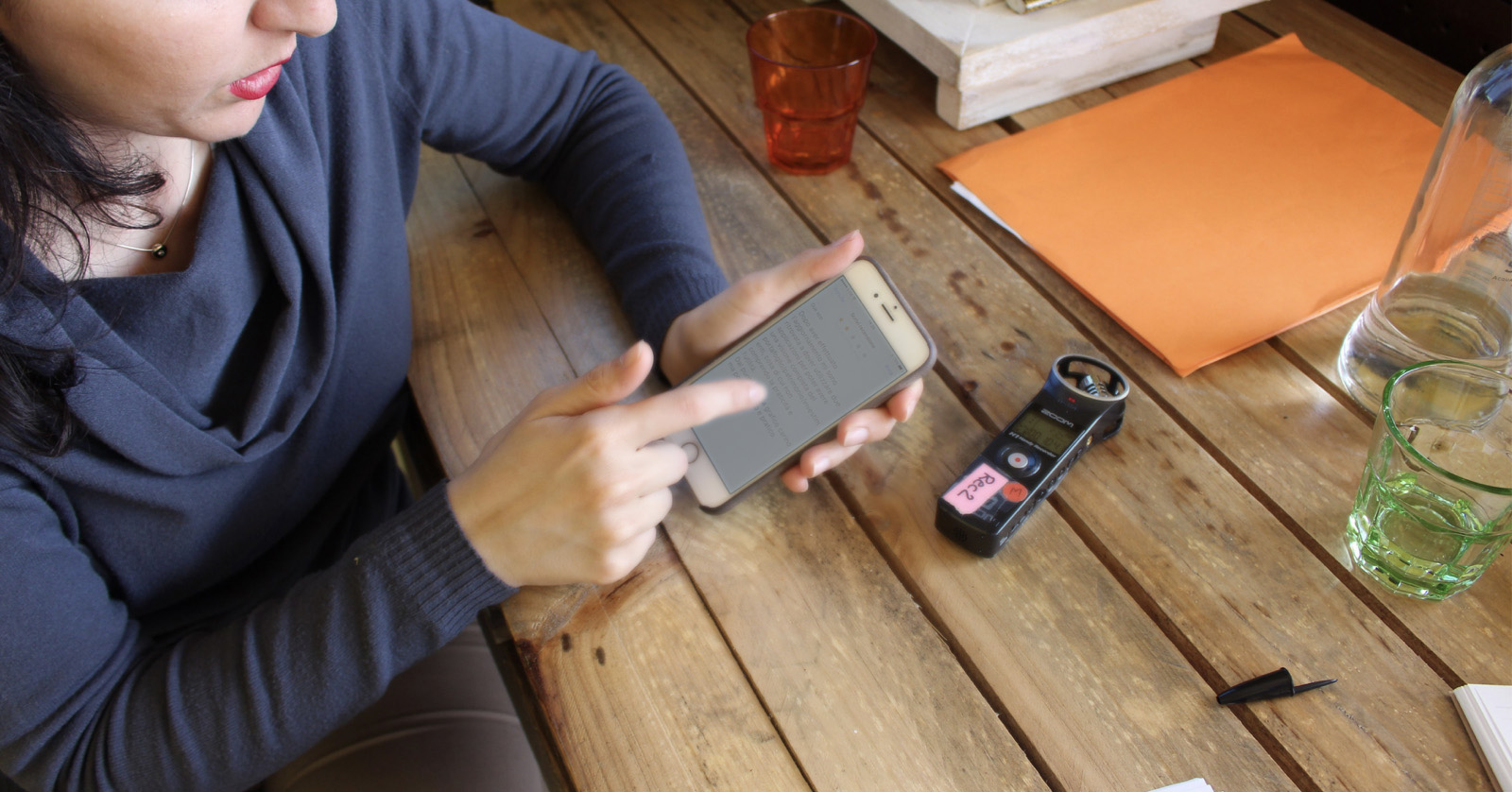
Experientia's Stefano Galeazzi and Daria Cantù explore how to conduct impactful applied qualitative research remotely, when we may not be able to conduct in-person interviews - as is the case now during the Covid-19 pandemic.

Fourth (and particularly rich) edition of features and articles on what may lie ahead.

Third edition of features and articles on what may lie ahead. Four in English, three in Italian.

Frank Spillers of Experience Dynamics reviews key UX activities and deliverables to assess online strategies for maintaining your UX process quality when online is your only option.
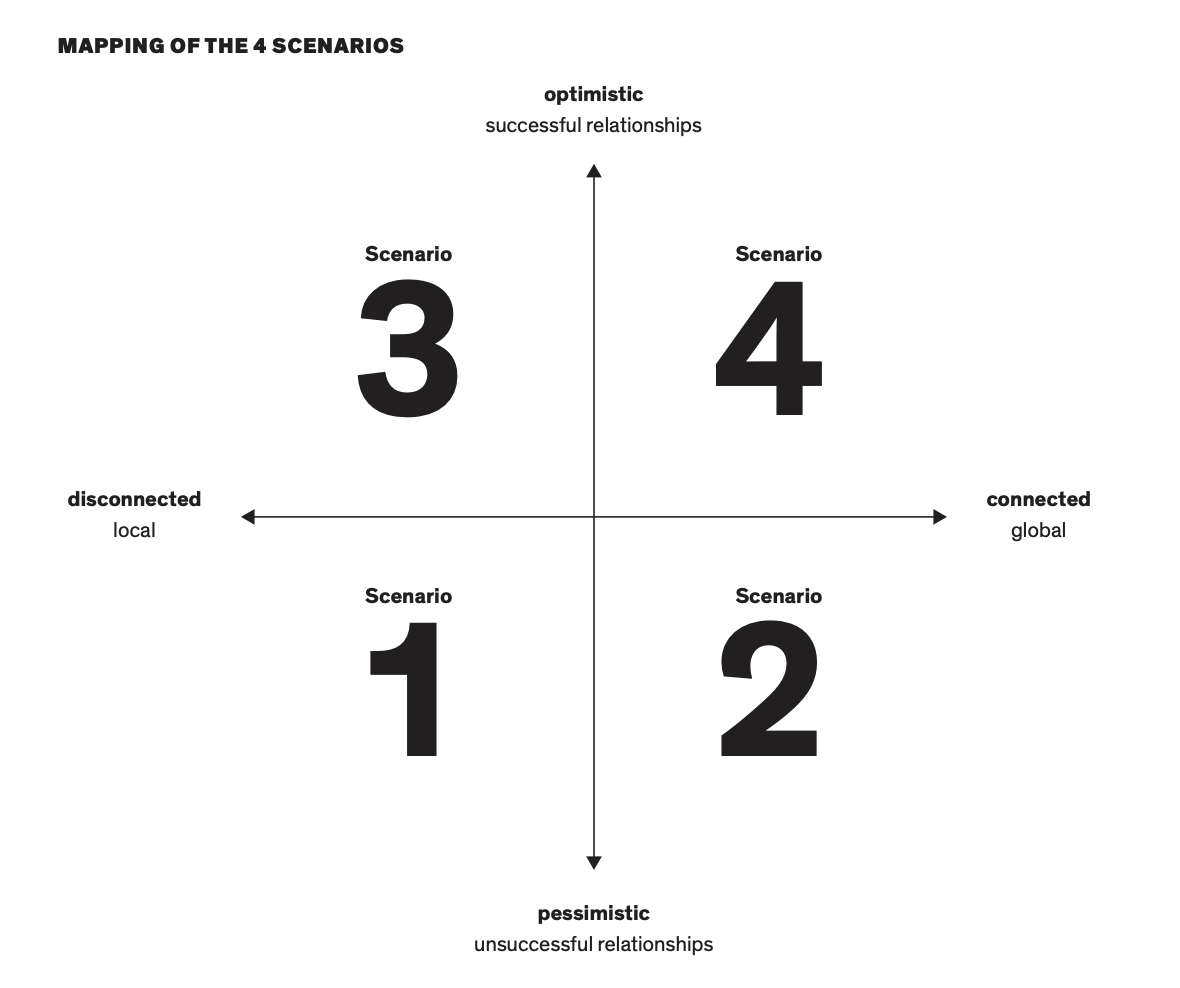
How will the pandemic change the way we live and do business?
In this whitepaper the Zukunftsinstitut describes four possible scenarios of how the corona crisis can transform the world.

Here are some more features and articles on what may lie ahead.

The guide includes best practices for conducting remote research, advice on creating a virtual best place to work, and selected tools for successful remote research.

L'idea di un "ritorno alla normalità non sembra più sostenibile. Ci sarà una nuova normalità che per tanti versi è molto diversa dalla vecchia normalità. E le scelte che facciamo ora - in fretta e senza pensarci troppo - avranno un impatto su quel mondo diverso in cui vivremo.

The idea of a "return to normal" seems no longer tenable. There will be a new normal that is in many ways very different from the old normal. And choices we make now - in a rush and without much thought - will impact that different world we will inhabit.
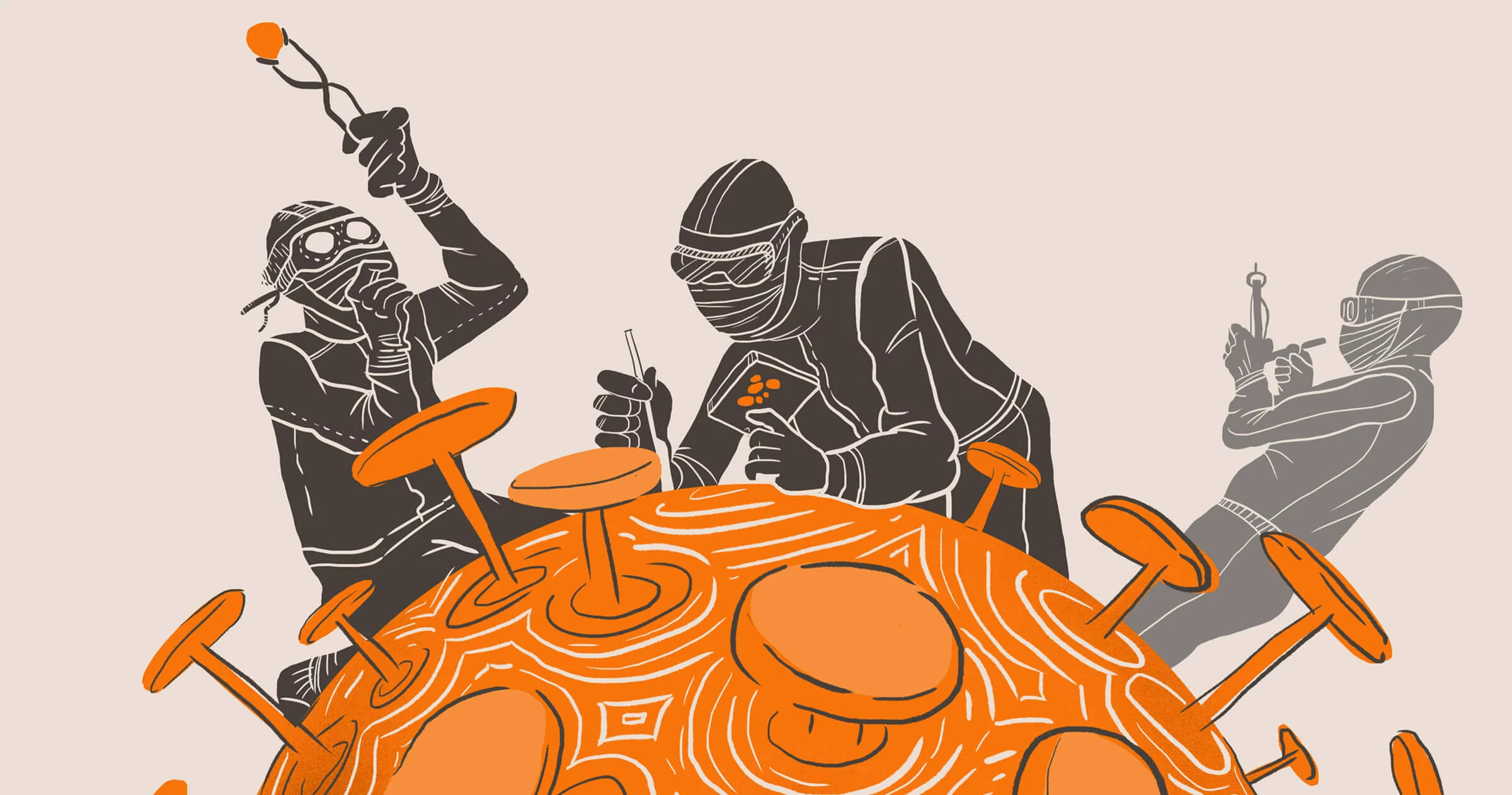
Initiated by Deborah Lupton, this crowdsourced document provides necessary information and key resources for researchers struggling to conduct traditional face-to-face research under new circumstances.
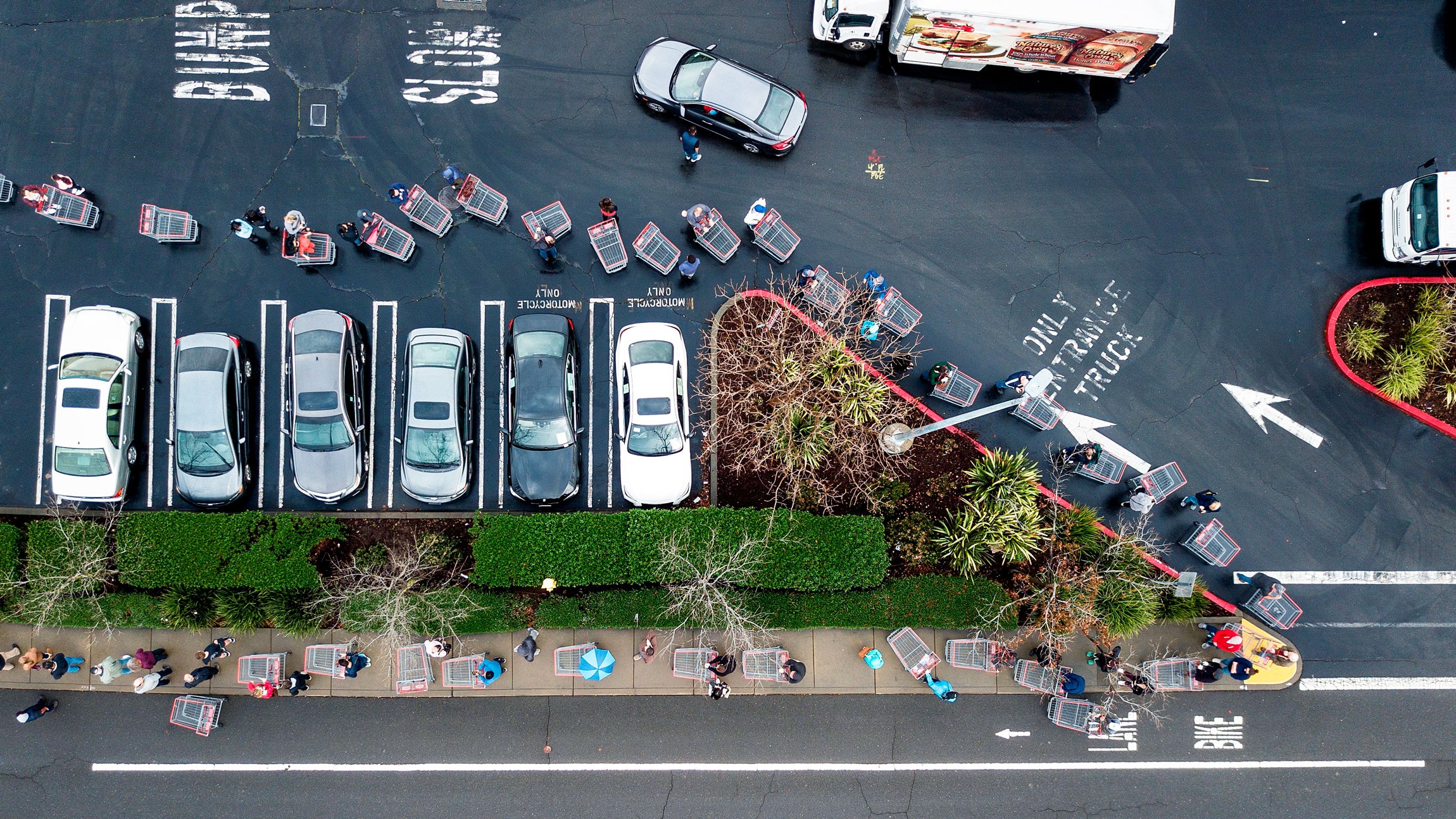
Two articles, one by Matt Simon in Wired and another by Benedict Carey in the New York Times, summarize scientific research that illustrates why mass panic is unlikely in this pandemic situation.

This book describes the psychological reactions to pandemics, including maladaptive behaviors, emotions, and defensive reactions, and reviews the psychological vulnerability factors that contribute to the spreading of disease and distress.
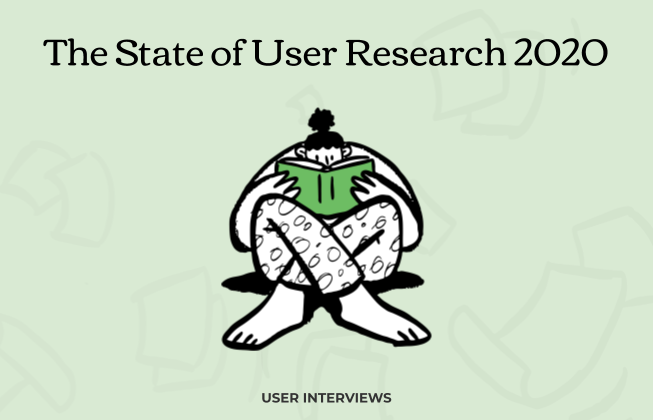
UserInterviews asked over 300 user researchers globally what their research practices looked like, how their teams were laid out, and what they earned. The data gives us an excellent idea of best practices in the field.
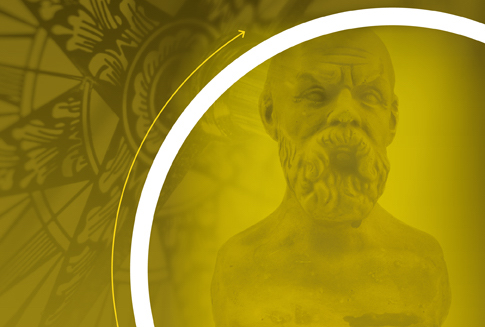
No "knockdown" objection has appeared to date that should make us reject the nudge approach overall. At the same time, serious ethical concerns have emerged that should guide and inform discussions around whether and which particular nudge policies should be pursued, and, if so, how.

This special issue of the Journal of Digital Social Research collects the confessions of five digital ethnographers laying bare their methodological failures, disciplinary posturing, and ethical dilemmas.

In this book, leading business anthropologist Simon Roberts breaks down the revolutionary idea of embodied knowledge: the information that is unconsciously picked up by our body for use in almost every area of our lives.

Humans' biggest advantage over other species is our ability to cooperate.
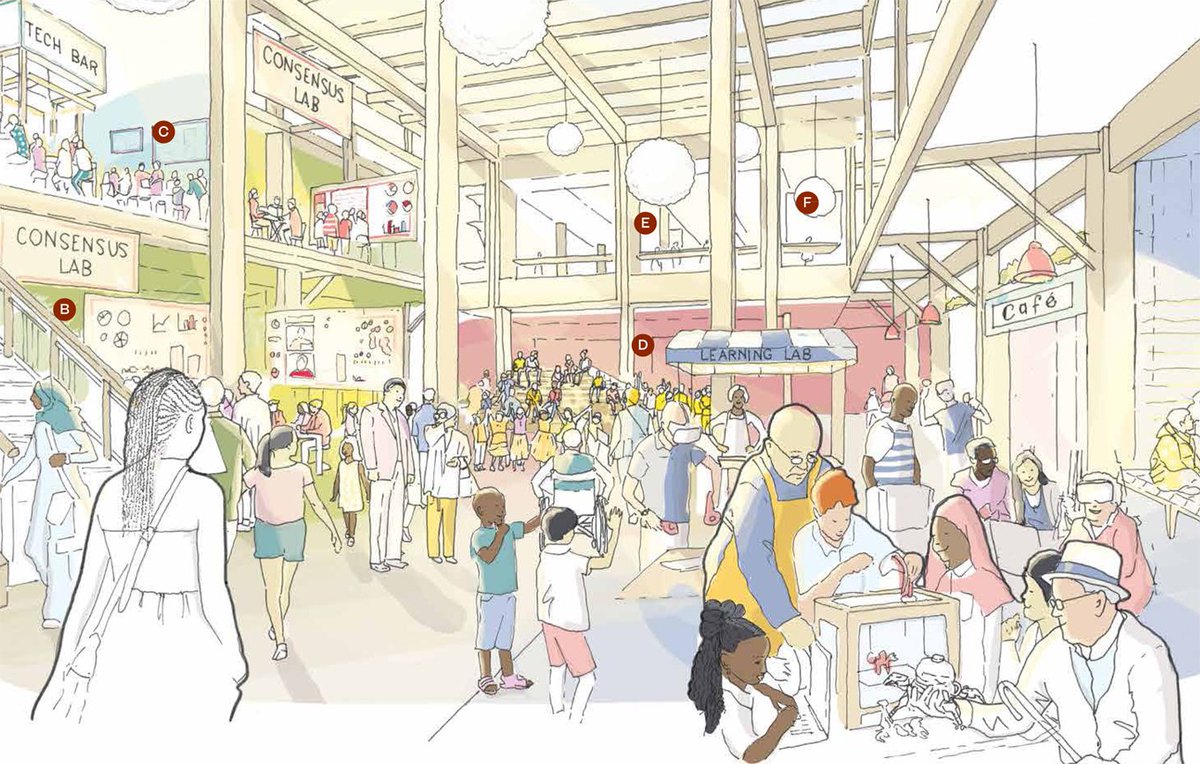
A visit to the smart-city-in-progress at Sidewalk Toronto prompts questions about what it means to "participate" in civic design.
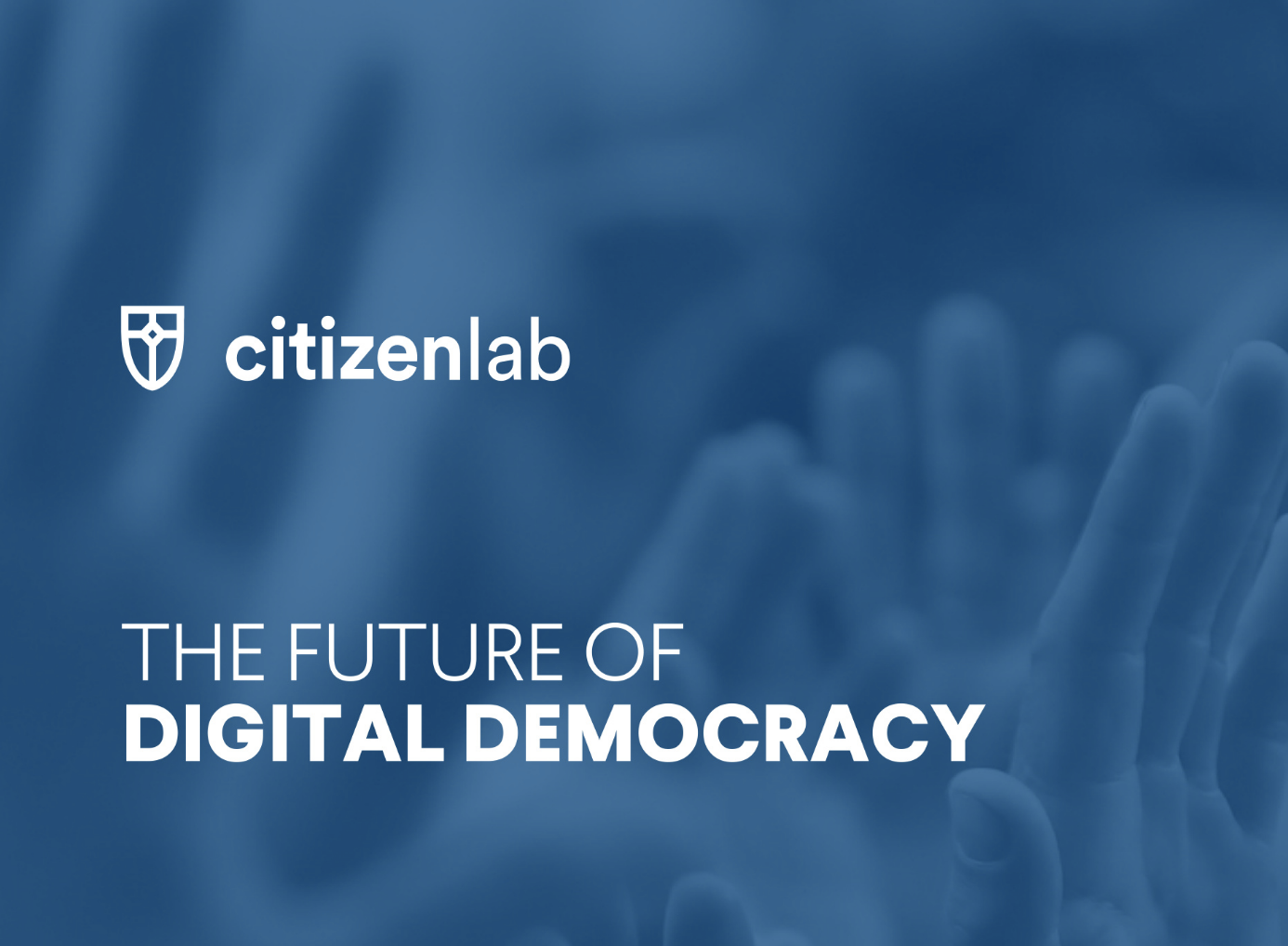
The Brussels-based digital participation platform CitizenLab asked 12 digital democracy experts to share their predictions on the future of digital democracy
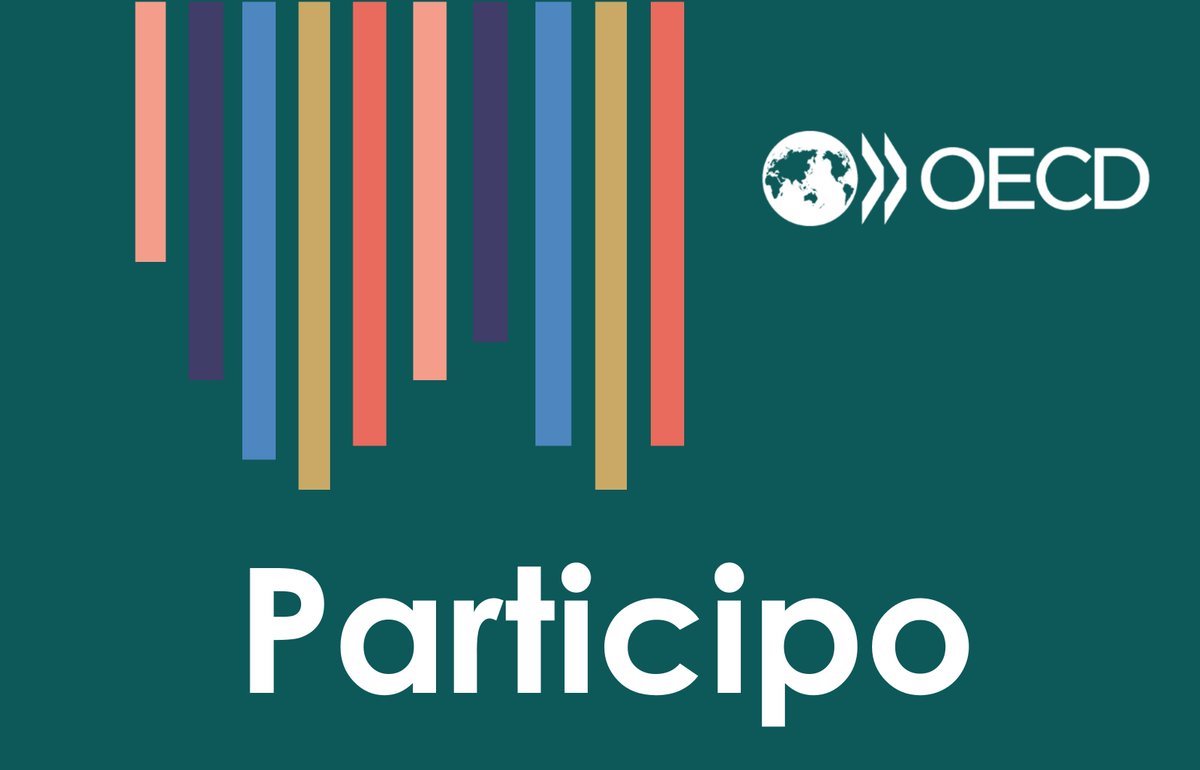
The first post, by Participo editor Claudia Chwalisz, reflects on how the OECD can help renew democracy in an age of complexity and disillusionment.



















